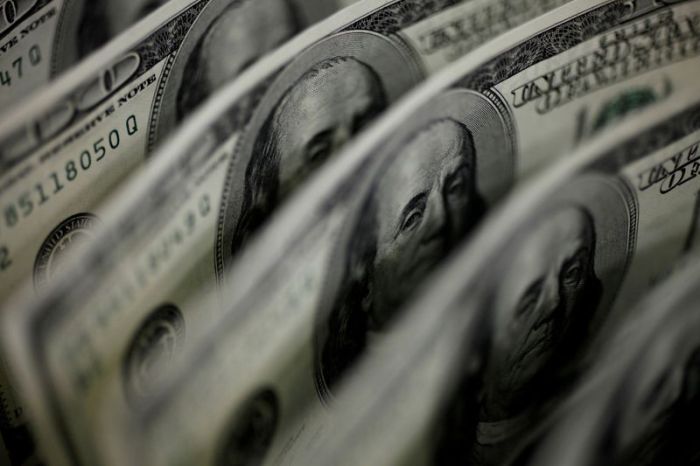NEW YORK (Reuters) – Democrats, who control the New York legislature, have come to terms on a measure to legalize marijuana, which would make the state the 15th in the country to allow recreational use of the drug, according to two reports on Thursday.
The proposed bill, which had eluded lawmakers’ attempted agreements for years, would establish a regulatory structure for controlling marijuana sales, according to CNN, which cited a legislative source familiar with negotiations and an internal legislative memo that it obtained.
The proposed bill, would apply a 13% excise tax to retail marijuana sales and would eventually allow New Yorkers who are at least 21 years old to grow plants at home, CNN said.
The bill, the terms of which were still being reviewed, could go to a vote in the Assembly and Senate as early as next week, The New York Times said, citing three people familiar with the negotiations.
Governor Andrew Cuomo is on board with the agreement, which was negotiated by Assembly Majority Leader Crystal Peoples-Stokes and Senate Finance Committee Chair Liz Krueger, the Times reported.
Spokespersons for Cuomo, Peoples-Stokes and Krueger did not immediately respond to requests for conformation.
New York, the country’s fourth most populous state, would join 14 others, including neighboring New Jersey, that permit adult consumption of marijuana for recreational use, according to NORML, which opposes its prohibition.
Most of the other states legalized recreational use of the drug through popular referendums.
A total of 36 states allow marijuana for medical purposes, NORML said.
In a statement on Thursday, NORML cited studies by the Legal Aid Society and the Drug Policy Alliance showing enforcement of New York’s marijuana laws had fallen disproportionately on non-white people.
A key part of the state lawmaker’s pending agreement is aimed at making reparations for the war on marijuana by earmarking much of tax revenue from its sales for non-white communities and setting aside sales licenses for minority business owners, the Times said.
“When this bill is finally voted on and signed, New York will be able to say we have finally undone damaging criminal justice laws that accomplished nothing but ruining people’s lives,” Krueger told the paper.
“For me this is a lot more than about raising revenue: It’s about investing in the lives of the people that have been damaged,” Peoples-Stokes told the Times.
(Reporting by Peter Szekely in New York; Editing by Steve Orlofsky)























